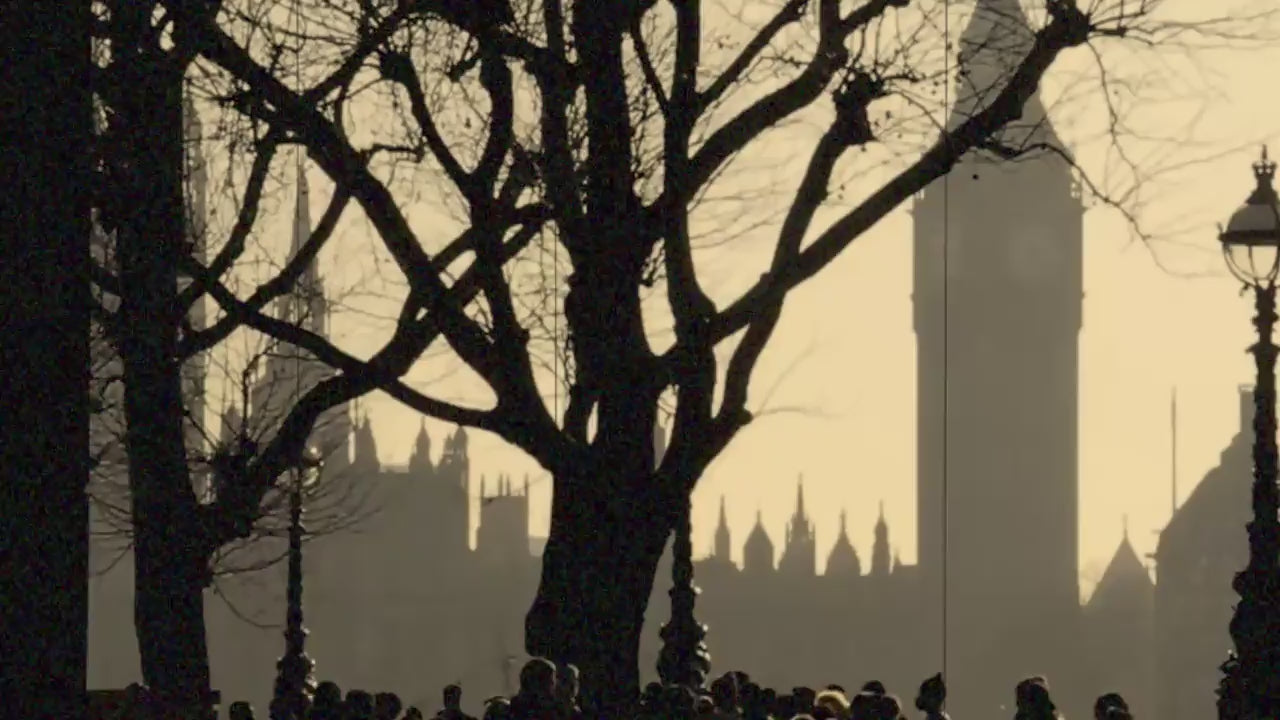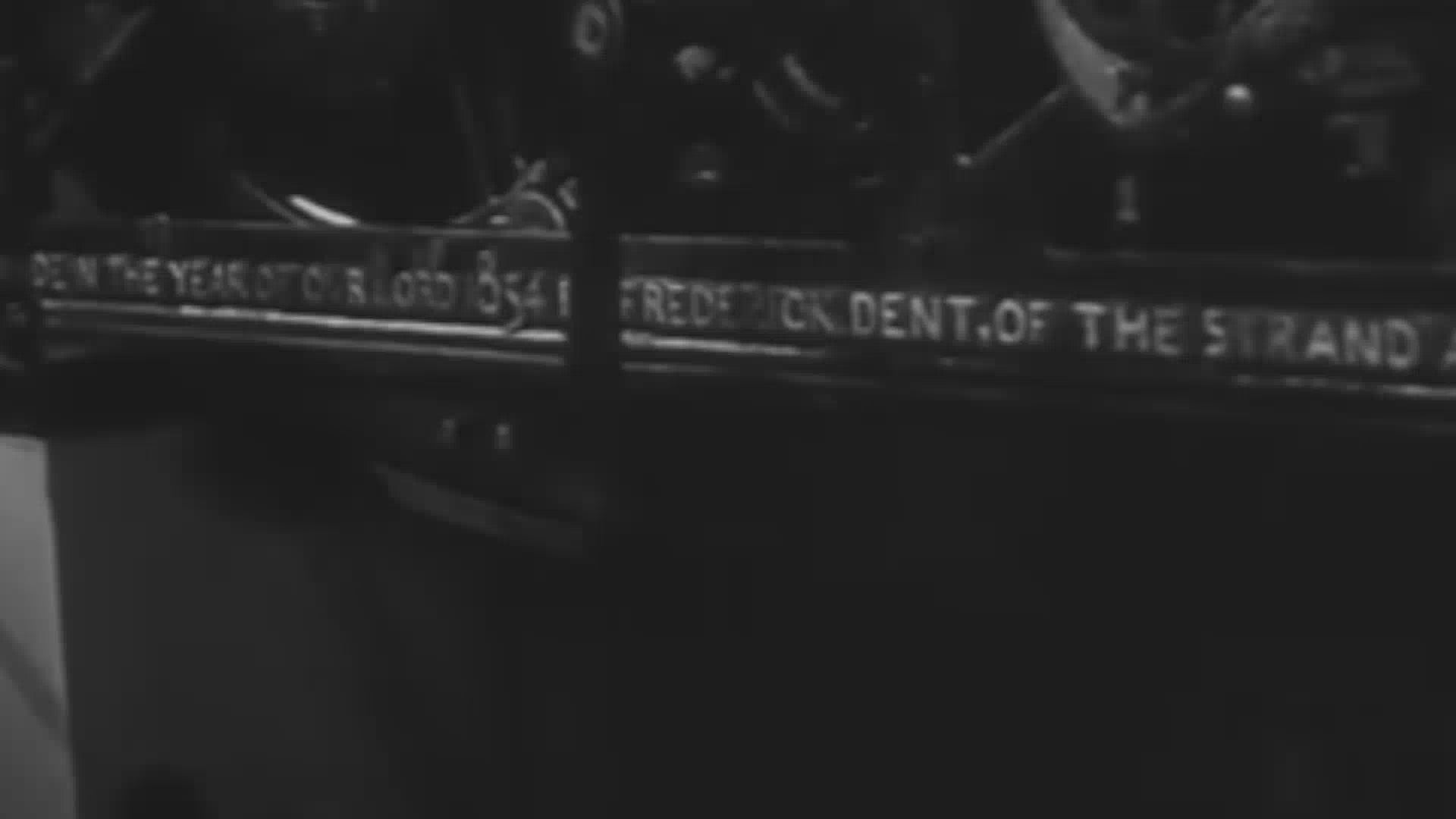A Summary of Patents, Achievements, Commissions and Awards of E J Dent & Co

1790
Birth of Edward John Dent, founder of the firm.
1800
Aged 10, Dent acquires his first watch — an Earnshaw chronometer. He would always use an Earnshaw type of detent in his own creations.
1814
Constructs the Standard Astronomical Clock for the Admiralty. Produces chronometers for determining longitude for the Colonial Office African Expedition.

1815–1829
Trains under Richard Rippon, works for Vulliamy & Son, and assists with repeaters and chronometer work at Barraud & Son.
1829
Dent No.114 awarded First Premium by the Astronomer Royal after trial: variation of just 0.54 hundredths of a second per year.
1830
Forms Arnold & Dent partnership with John Roger Arnold.
1831
Chronometer No. 633 sails aboard HMS Beagle with Charles Darwin.

1833–1834
Discovers properties of balance springs made of different metals. Researches magnetism’s effect on chronometers. Invents glass balance springs.
1842–1843
Constructs standard clocks for Turin and Geneva. Appointed Chronometer Maker to the Emperor of Russia.


Club Dent
Join our private circle of collectors for exclusive event invitations, first access to new releases, and stories from the clockmaker behind Big Ben.
